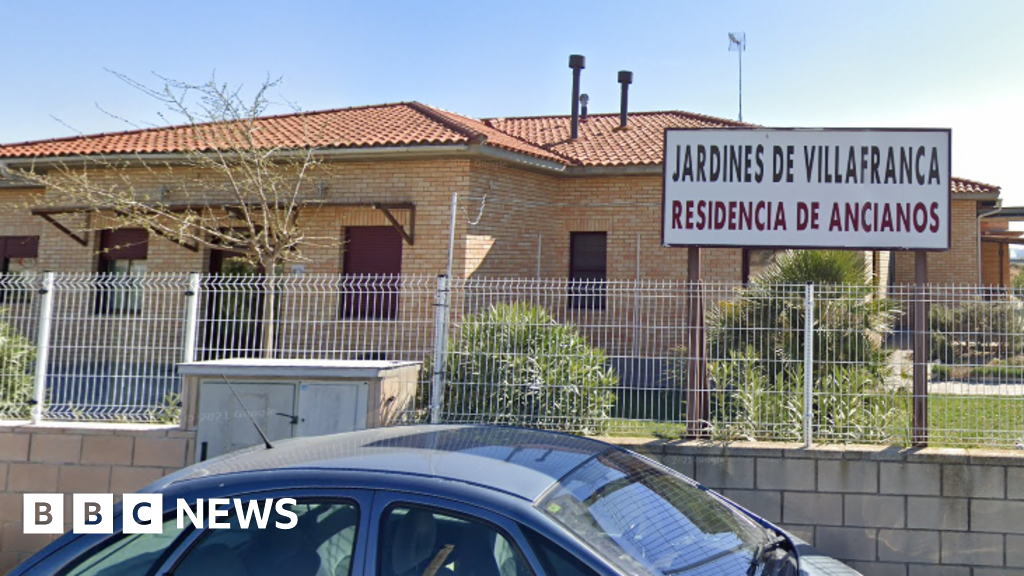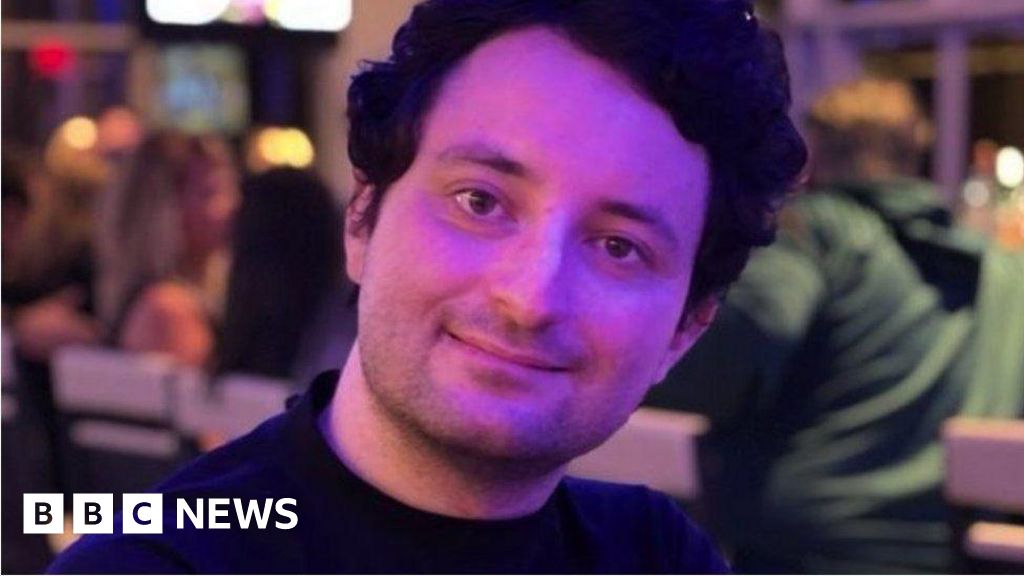ARTICLE AD BOX
image source, Reuters
image captionAir pollution regularly exceeds recommended safe levelsAir pollution is even more dangerous than previously thought, the World Health Organization (WHO) has warned, as it slashes maximum safe levels of key pollutants such nitrogen dioxide.
An estimated seven million people die prematurely each year from diseases linked to air pollution, the WHO says.
Low- and middle-income countries suffer the most, because of their reliance on fossil fuels for economic development.
The WHO puts air pollution on a par with smoking and unhealthy eating.
It is urging its 194 member states to cut emissions and take action on climate change, ahead of the COP26 summit next month.
The new guidelines, released on Wednesday, halve the recommended maximum for exposure to tiny particles called PM 2.5s.
These are produced by burning fuels in power generation, domestic heating and vehicle engines.
"Almost 80% of deaths related to PM2.5 could be avoided in the world if the current air pollution levels were reduced to those proposed in the updated guideline," the WHO said.
It is also cutting the recommended limit for another form of microparticles, known as PM10s, by 25%.
Other pollutants singled out in the guidelines include ozone, nitrogen dioxide, sulphur dioxide and carbon monoxide.
Air pollution is linked to conditions such as heart disease and strokes. In children, it can reduce lung growth and cause aggravated asthma.
"Improving air quality can enhance climate change mitigation efforts, while reducing emissions will in turn improve air quality," the WHO says.

 3 years ago
79
3 years ago
79








 English (US)
English (US)